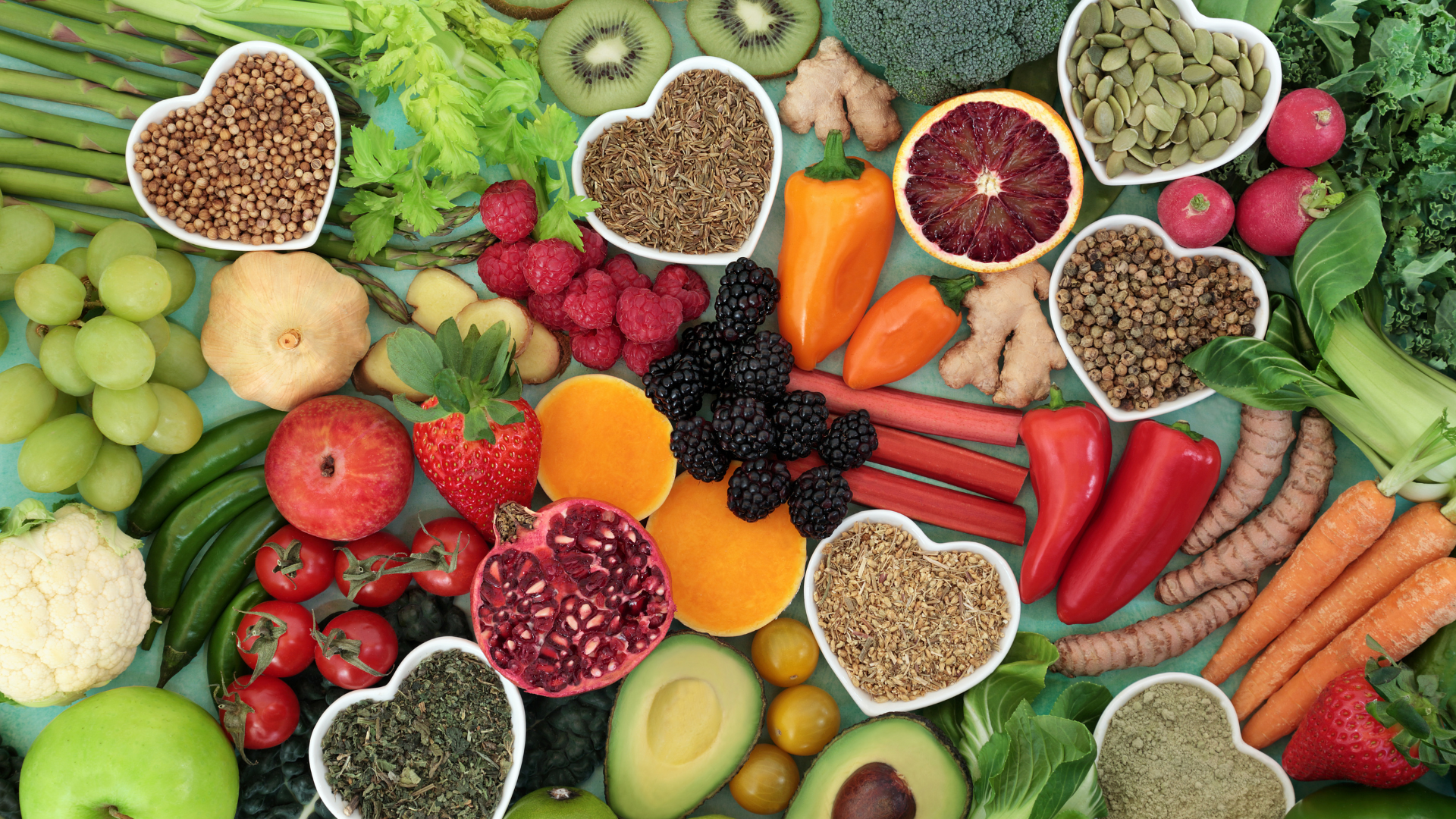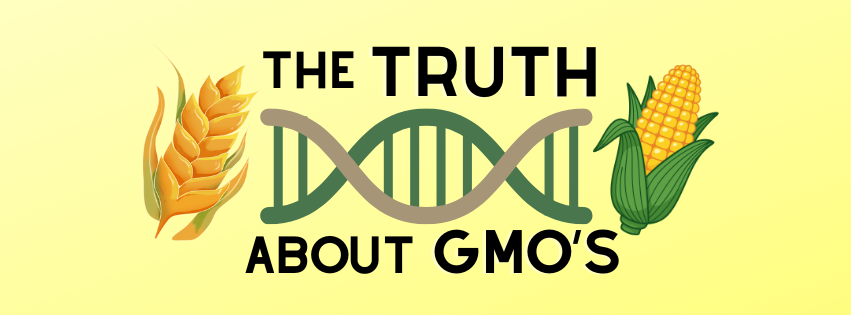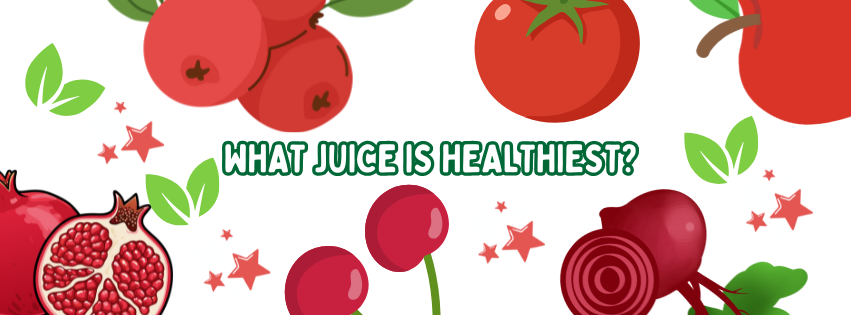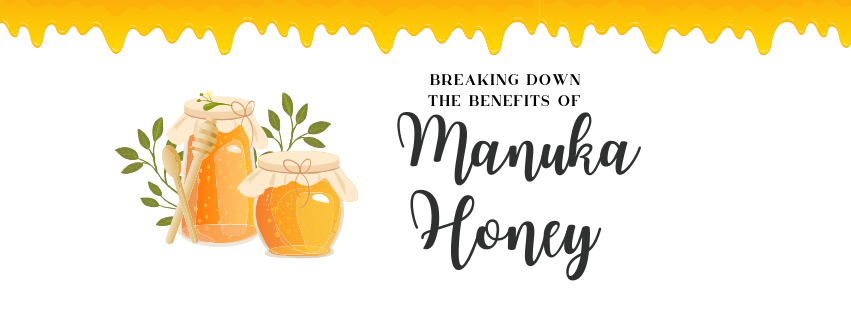GMOs: Living Aware
GMOs, or “genetically modified organisms”, are plants or animals created through genetic engineering. This technique splices genes from different species to create combinations of plant, animal, bacterial and viral DNA that cannot occur naturally. This is different from traditional crossbreeding which is done within a species to encourage more desirable traits such as bigger carrots, or cows that produce more milk, or a horse that can run faster.
The reason GMOs are so abundant in North America is mainly to allow the survival of enormous fields of mono-crops that are more resistant to pesticides and herbicides (agents that kill insects and weeds). This allows the agricultural industry to be more profitable, in that they can grow huge amounts of resistant crops, using large amounts of chemical fertilizers and pesticides.
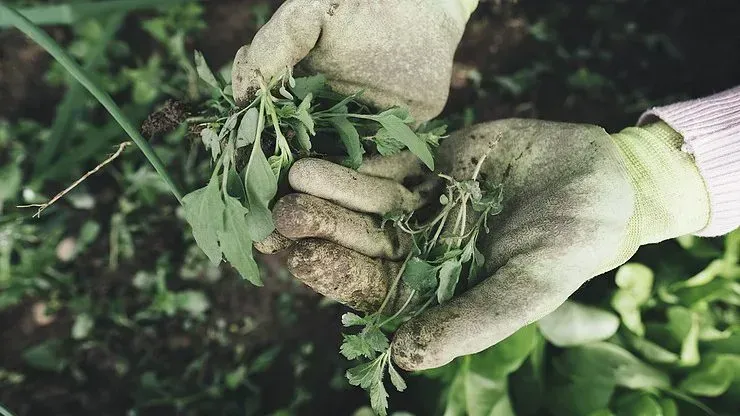
The problem is that long term health effects of these genetic modifications have not been assessed, and will likely only be known in the future. In Europe, GMO crops are banned, and any products that come from North America must be GMO free. What we do know, based on solid research, is that pesticide residues have an adverse effect on human health. They mess with our immune systems and hormones, and they are linked mainly to higher rates of cancer and autoimmune disorders, as well as behaviour and learning problems in children.
Many common ingredients derived from GMO risk crops are: amino acids (protein powders), aspartame, ascorbic acid, citric acid, ethanol (alcohol), high-fructose corn syrup or glucose-fructose, hydrolyzed vegetable protein, molasses, sucrose, xantham gum, some vitamins, and yeast products.
Based on what we know about GMOs and their dubious effects on human health, it would behoove us to pay attention to the developing brains of children exposed regularly to these products. The main concern is processed food, where GMOs are added regularly.
For improving behaviour and attention in children, we know that high consumption of nutrient deficient foods and environmental toxins contribute to behaviour problems in young students. Therefore eating whole, natural and nutrient dense foods is a fundamental requirement for children.

Concerned parents need to educate themselves about food and nutrients. Become a label reader and make sure that the products that you buy are pure nutrition, without added chemicals or sugar. This is especially important when we look at things like snacks, granola bars, lunch meats, crackers, and breads. Always avoid glucose-fructose sweeteners, which are not only GMO but also cause obesity, inflammation and fatty liver disease.
The idea of zero-waste lunches is also a good one, making sure that the packaging and bottles are BPA free, phthalate-free, lead free and PVC free. The Non-GMO Project is helpful for more information on this issue.
Shopping at your local natural food store is a way to sidestep the issue, because the store owners do the work for you and weed out the “bad stuff”. They emphasize organic, whole, fresh and minimally processed foods.
Traditional sustainable farming and certified organic food production is more labour intensive at a higher production cost and therefore more expensive. Further certified organic farming takes major guesswork out of everyday food buying. It gives us assurance that it is GMO free, without any addition of pesticides because of third party regulations and inspections. But the rewards are a healthy body and a stable mind. Perhaps as a culture we will return to backyard gardens, or support our local organic farmers more in the future as we become more aware of the pitfalls of industrial food production.
Yours in health,Dr. Uwaya Erdmann, ND, Peterborough Naturopath
